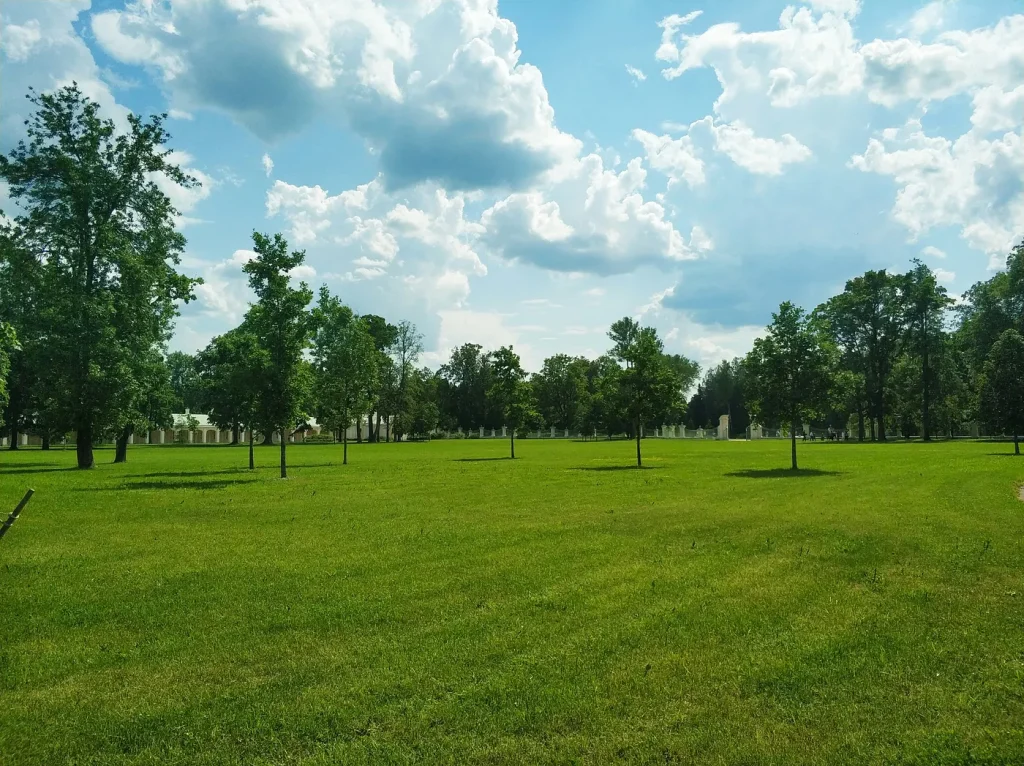
Take a walk down a busy city street — horns blaring, exhaust fumes hanging in the air, people rushing past — and then step into a park. Instantly, the air changes. It smells cleaner, lighter, fresher. In fact, many people notice that a park, even in the middle of a smoggy metropolis, can feel fresher than a forest miles away from the city.
But why is that? Shouldn’t untouched wilderness smell fresher than a manicured patch of grass surrounded by concrete? The truth is a fascinating mix of chemistry, biology, psychology, and design.
Let’s dig into why urban parks often smell fresher than forests.
1. Forests Carry the Weight of Nature
Forests are full of life — and death. Every second, leaves fall, branches break, fungi sprout, and soil organisms break everything down. This natural process releases powerful earthy odors.
- That deep, musky smell of damp soil comes from geosmin, a compound produced by microbes.
- Decaying leaves and wood add organic richness to the air, which can sometimes smell heavy or even “musty.”
- Forest humidity traps these scents under the canopy, intensifying the effect.
It’s natural and healthy — but not necessarily what we think of as “fresh.”
2. Parks Are Curated for the Senses
Parks, on the other hand, are designed for people. Landscapers deliberately choose plants and layouts that appeal to our senses.
- Lawn grasses: When cut, they release green leaf volatiles (GLVs) that give off the classic “fresh-cut grass” smell.
- Ornamental flowers: Roses, lilacs, and jasmine add sweet, fragrant aromas.
- Shrubs and trees: Chosen not just for shade, but often for pleasant scents (pine, magnolia, cherry blossoms).
Forests grow for survival. Parks grow for enjoyment. And that difference shows up in the air.
3. Open Spaces Mean Cleaner Air
In a dense forest, trees and plants create a thick canopy that slows down airflow. This traps humidity and odors, making the air feel heavier.
- Parks usually have wide-open lawns and fewer tall canopies, letting breezes sweep through.
- The constant air circulation carries away heavy odors, leaving behind lighter scents like grass and flowers.
Think of a park as a natural air freshener with built-in ventilation.
4. Sunlight Supercharges Freshness
Sunlight plays a huge role in how plants release scents.
- Warmth boosts the evaporation of volatile organic compounds (VOCs) — the tiny molecules that carry smells.
- Parks, with their open lawns, get more direct sunlight than shaded forests, meaning stronger releases of those “fresh” aromas.
- In forests, dense shade reduces VOC release, muting the scent.
This is why a sunny stroll in the park smells so invigorating compared to a damp hike under the forest canopy.
5. Parks Smell Cleaner Because They Are Cleaner
Let’s be honest: parks don’t have as much rotting organic matter.
- Fallen branches are cleared away.
- Leaves are raked.
- Trash is picked up.
This reduces the earthy, decomposing scents common in forests. Instead, what dominates is the smell of fresh plants and open air.
6. The Psychology of “Freshness”
Here’s where human brains trick us. Our sense of smell is deeply tied to memory and emotion.
- Parks are linked to leisure, relaxation, childhood play, picnics, and happy summer days.
- Forests, while beautiful, also symbolize wildness, mystery, and unpredictability.
Because our brains associate parks with positivity, we interpret the smells as fresher, even if the actual air quality isn’t objectively better.
7. Science of Green Spaces and Health
It’s not just about the nose. Science shows that time in green spaces improves mood and lowers stress.
- Parks release phytoncides — plant chemicals that boost our immune response.
- Cleaner-smelling air has been linked to lower cortisol levels.
- Even short visits to parks reduce anxiety, partly because of how we process the smells of grass and trees.
So when you feel calmer and refreshed in a park, it’s not just in your head. It’s in your lungs and bloodstream.
Parks smell fresher than forests because they’re open, curated, sunnier, and less burdened by natural decay. They’re designed not only for beauty but for human enjoyment, meaning the scents that dominate are the ones we find most pleasing. Add in psychology and memory, and the freshness factor multiplies.
So the next time you take a deep breath in the middle of a park, remember:
- You’re smelling grass crying out after being cut.
- Flowers advertising themselves to pollinators.
- Sunshine coaxing hidden scents from leaves.
- And your own brain rewarding you with a hit of nostalgia and calm.
Parks don’t just give us fresh air. They give us fresh perspective.
